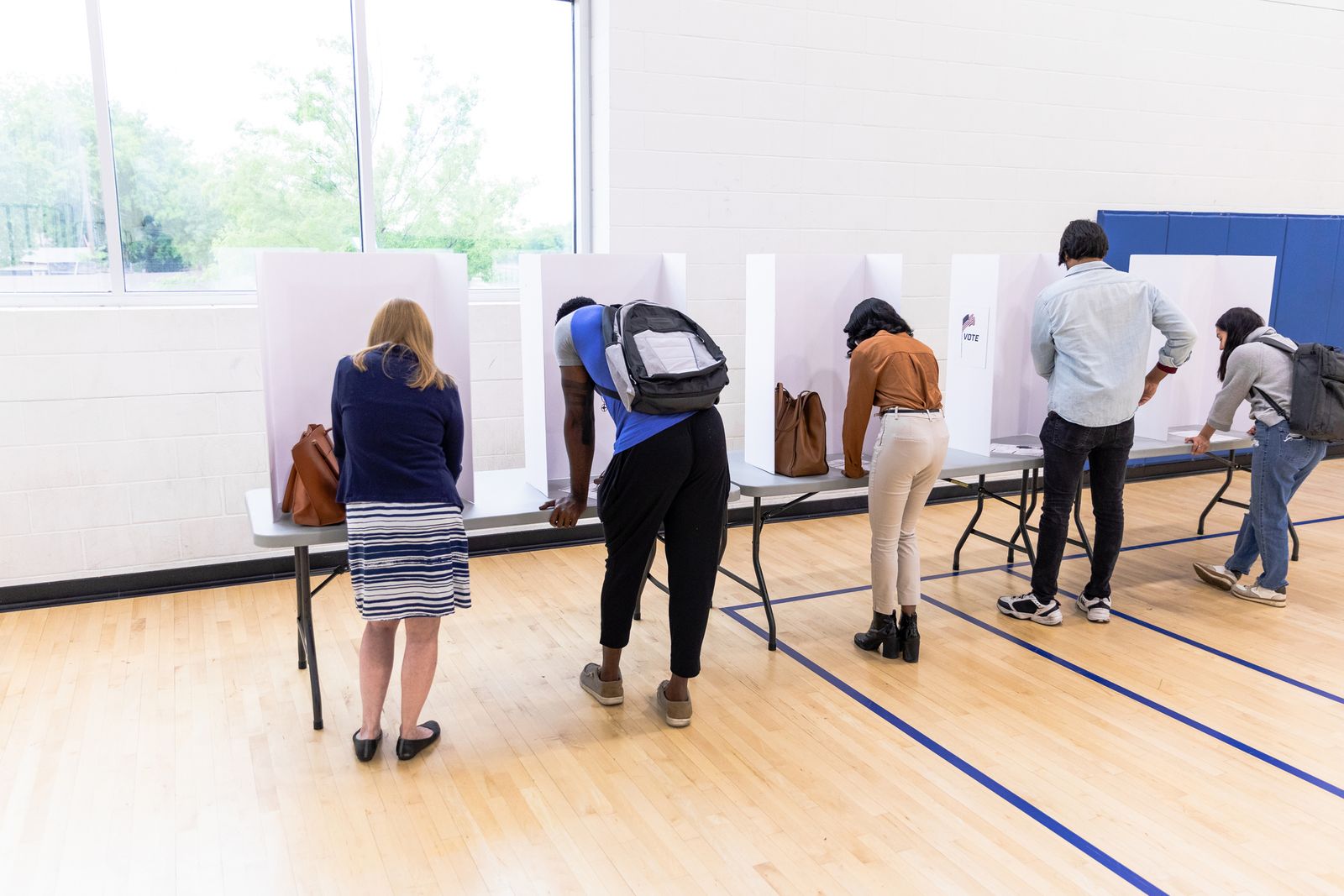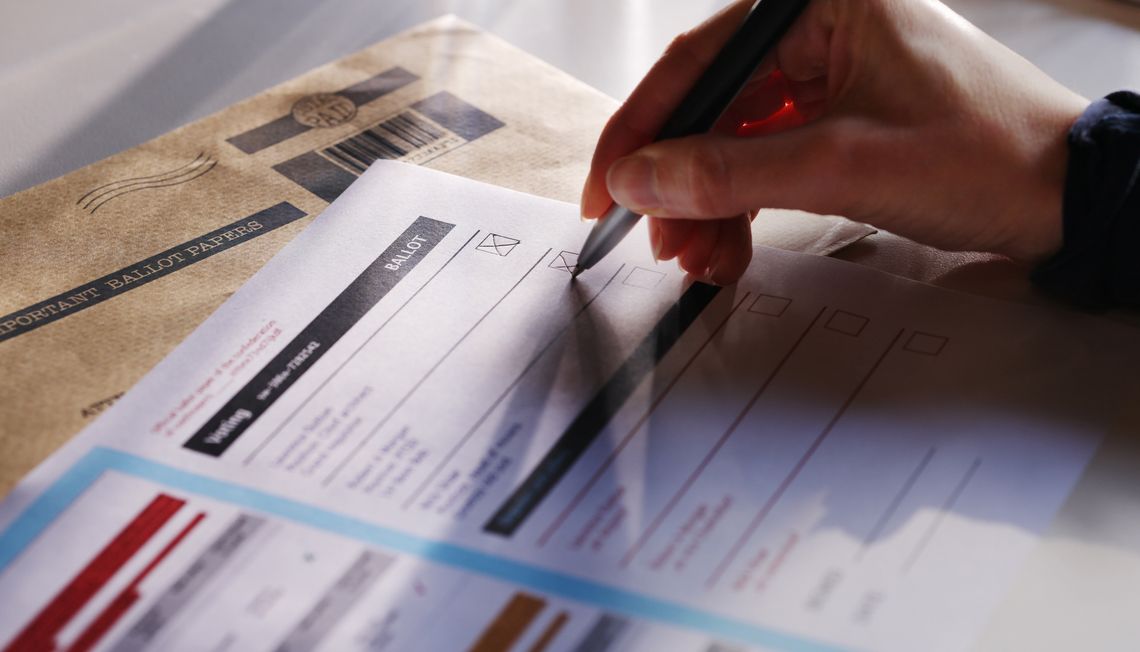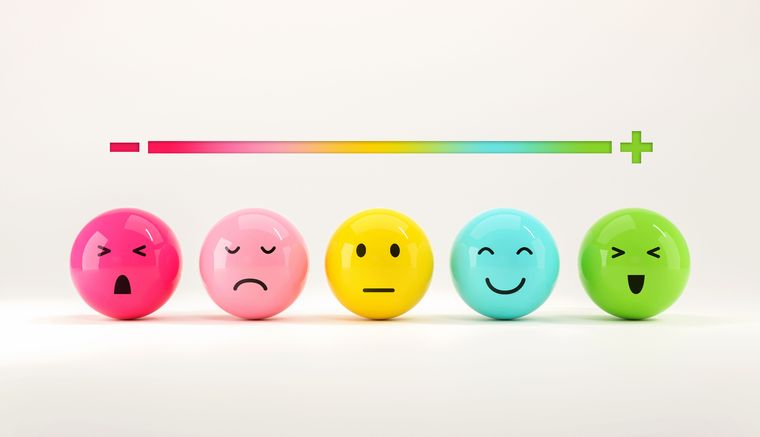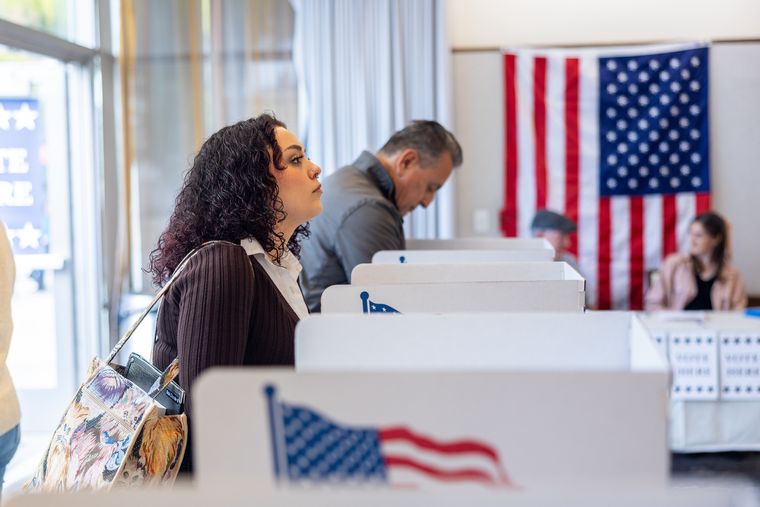One of the most traditional rituals by mass media consists in portraying the political campaigns and electoral race while opening the debate for the implications of the election based on what public opinion studies find. This is a healthy involvement of journalism, social media, and other sources of public information as it aims to identify the nature of the popular mandate chosen by the majority, whether for continuity or change, whether for profound changes or just small adjustments. Another healthy ritual is usually the exaltation of the democratic method as the most transparent and civilized way of appointing authorities, compared to autocratic or oligarchical ways to do it. Paradoxically, once ballots are casted and votes counted, there is a different ritual played by media consisting of criticizing the performance of polls for missing the ultimate outcome, even when the order of winners and losers is right and the results fall within or close to the margin of error. Such conclusions spinning the notion of poor reliability of surveys (which erodes the credibility of our industry) are mounted on an ill-informed reading of polls and their bases, not rarely combining both scientific, rigorous studies from reputable firms and findings from never-heard-of agencies, following unscientific methods, with questionable fieldwork processes and opaque practices of data disclosure.
One consequence of treating quality and fake polls as equal sources to interpret the electoral scenario is to offer a biased perspective of the contribution of public opinion studies to maintain citizenry informed and afford transparency to the voting process. In several Latin American countries this paved the road to regulatory initiatives aiming at blocking the dissemination of polls or stretching embargoes for data publication. These bans are sanctioned, allegedly, in the interest of keeping voters safe from influences of surveys; however, what they ultimately accomplish is an asymmetry of information between the general public and the elites, as the latter continue to hire and receive reports from privately-run tracking of data up until the last minute before the election takes place.
Problems of access to poll data on who is winning the election, as well as the nature of people’s preferences or the most important issues connected to each candidate are a real problem in Latin America, where fifteen of the eighteen countries have legalized a ban that obstruct political information. This is one conclusion from the joint WAPOR/ESOMAR Committee on Freedom to Conduct and Publish Polls, which has also revealed that in this region the embargoes on the dissemination of surveys are longer than in the democracies of Europe, North America or Asia.
Public opinion polls are essential to the pivotal process of democracies: the election of authorities and the indication of the type of mandate voted: for change or continuity, for the rewarding of the ruling party by renewing support for it or for its punishment by removing it from the power in pursuit of new paths and results. Polls vests transparency to this process, allowing citizens to be informed until the last minute with no obstacles to the reflection, deliberation and expression of citizens. Fake polls – like fake news – and unscientific ways of data collection, as well as the omission in front of these practices of travestying non-serious, poorly designed, ultimately mock the popular will by propelling a distortion of the process, while harming the reputation and sustainability of the public opinion industry.



